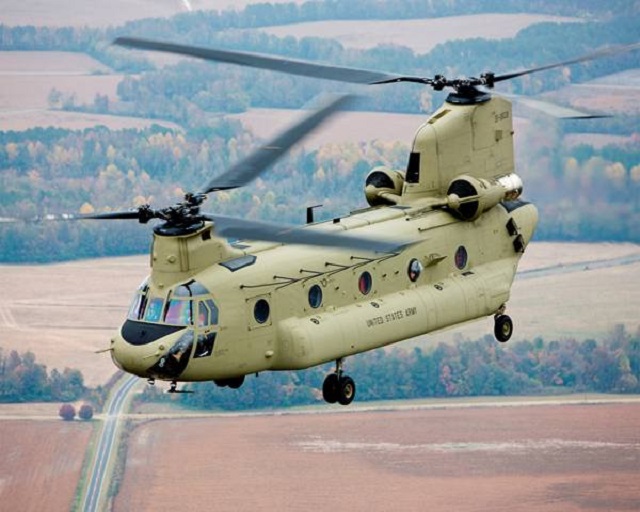
New Delhi, India | AFP | India has drawn up a shopping list for tens of billions of dollars of foreign fighter jets, armoured vehicles, submarines and helicopters but it will only sign the cheques if they are made in India.
The world’s largest defence importer has announced a new policy inviting foreign defence manufacturers to set up shop as minority partners in India. It initiated the bidding process for submarines in July.
Such deals would boost job creation and bring key defence technologies into India.
Foreign companies say the opportunity is too good to miss.
Europe’s Airbus Group, angling to sell its Panther helicopters, has said that if it wins a contract worth several billion dollars and expected to span at least a decade, it would make India its global hub for the multi-purpose choppers.
The company currently builds them at Marignane in France.
Lockheed Martin says if its F-16 fighter jets are selected — it will likely compete with Saab for that order of close to $15 billion — it will “support the advancement of Indian manufacturing expertise.”
Germany’s ThyssenKrupp Marine Systems and France’s Naval Group are eager to compete for a contract of up to $10 billion to build submarines in the South Asian country.
Luring foreign defence companies to build in India would be a major and much-needed boost to the economy.
Prime Minister Narendra Modi, with less than two years to national elections, is under intense pressure to create more jobs for the hundreds of thousands of people joining the workforce every month.
Growth in the first three months of 2017 slowed to 6.1 percent. Experts expect further disruption as businesses adjust to a new nationwide goods and services tax launched in July.
– Make in India –
India is seeking to follow other countries which created defence sectors by backing a few big players with long-term defence orders and allowing smaller businesses to develop around them.
“Countries that have a robust defence industry have a few large companies that are supported by their government with large, long-term defence orders,” Amber Dubey of the KPMG consultancy in India told AFP.
“They in turn create an eco-system of large and small suppliers to stay competitive.”
India currently imports at least 90 percent of its defence equipment including parts for assembly. It is banking on foreign companies to bring in new technology.
 The Independent Uganda: You get the Truth we Pay the Price
The Independent Uganda: You get the Truth we Pay the Price





